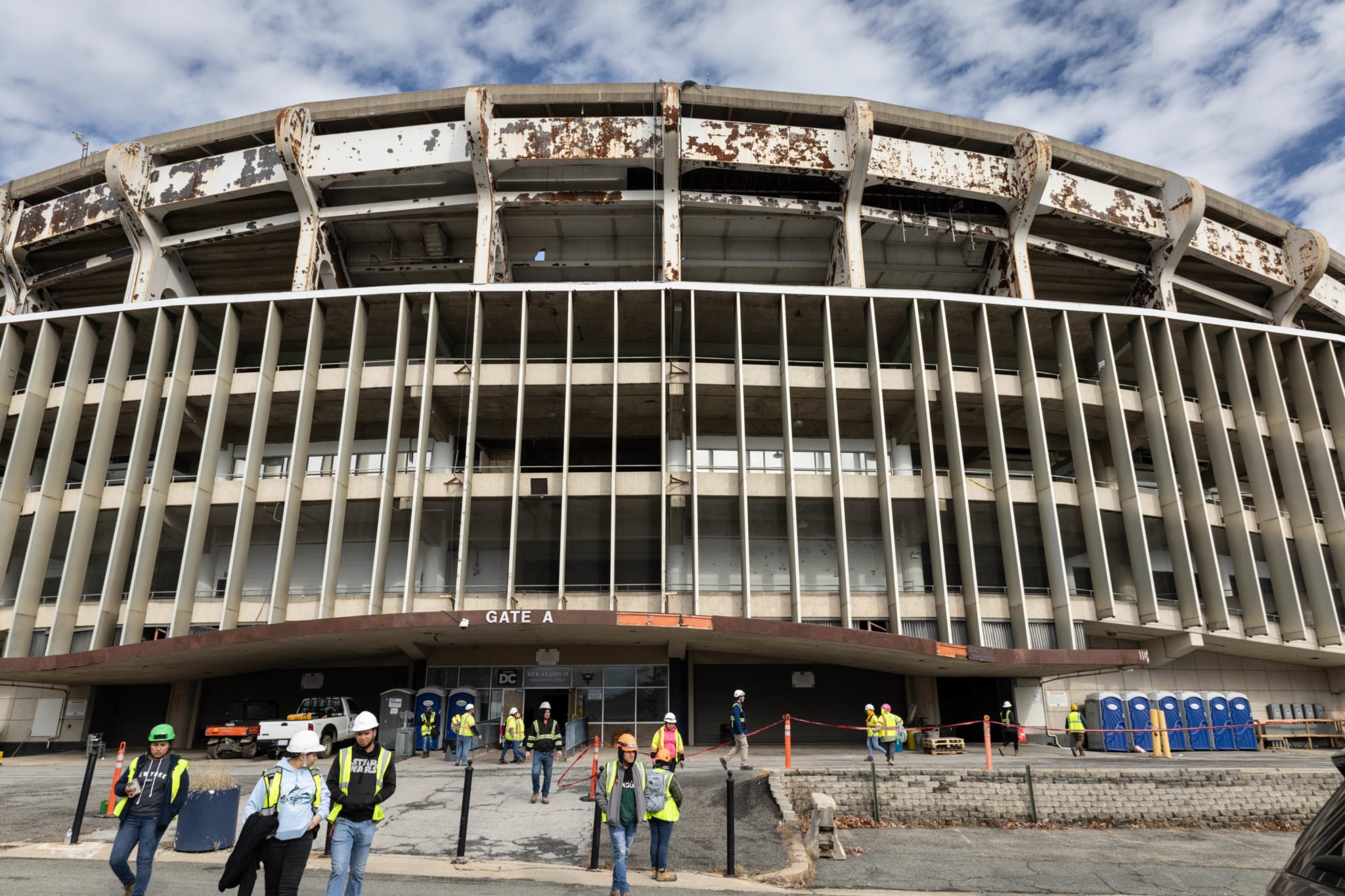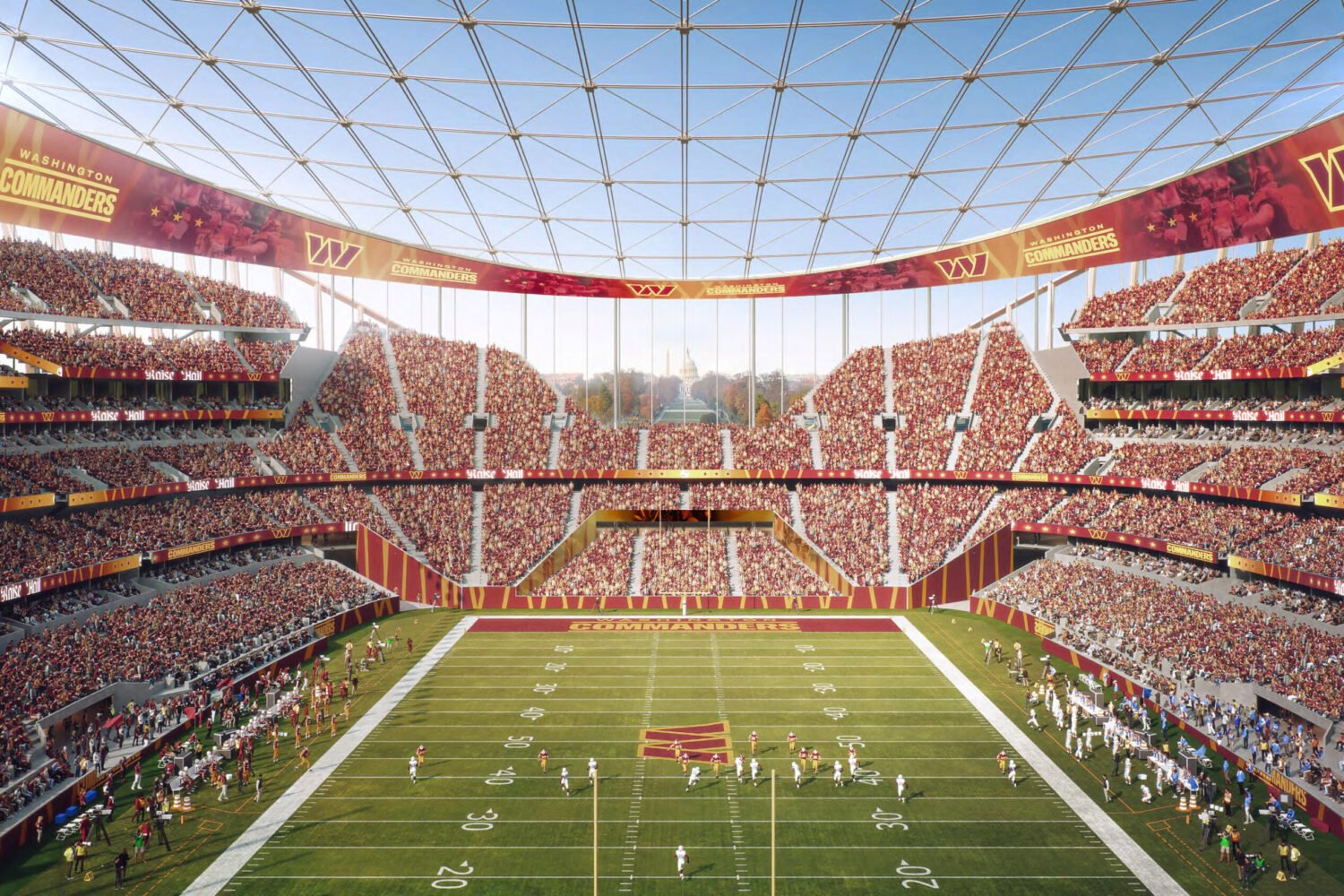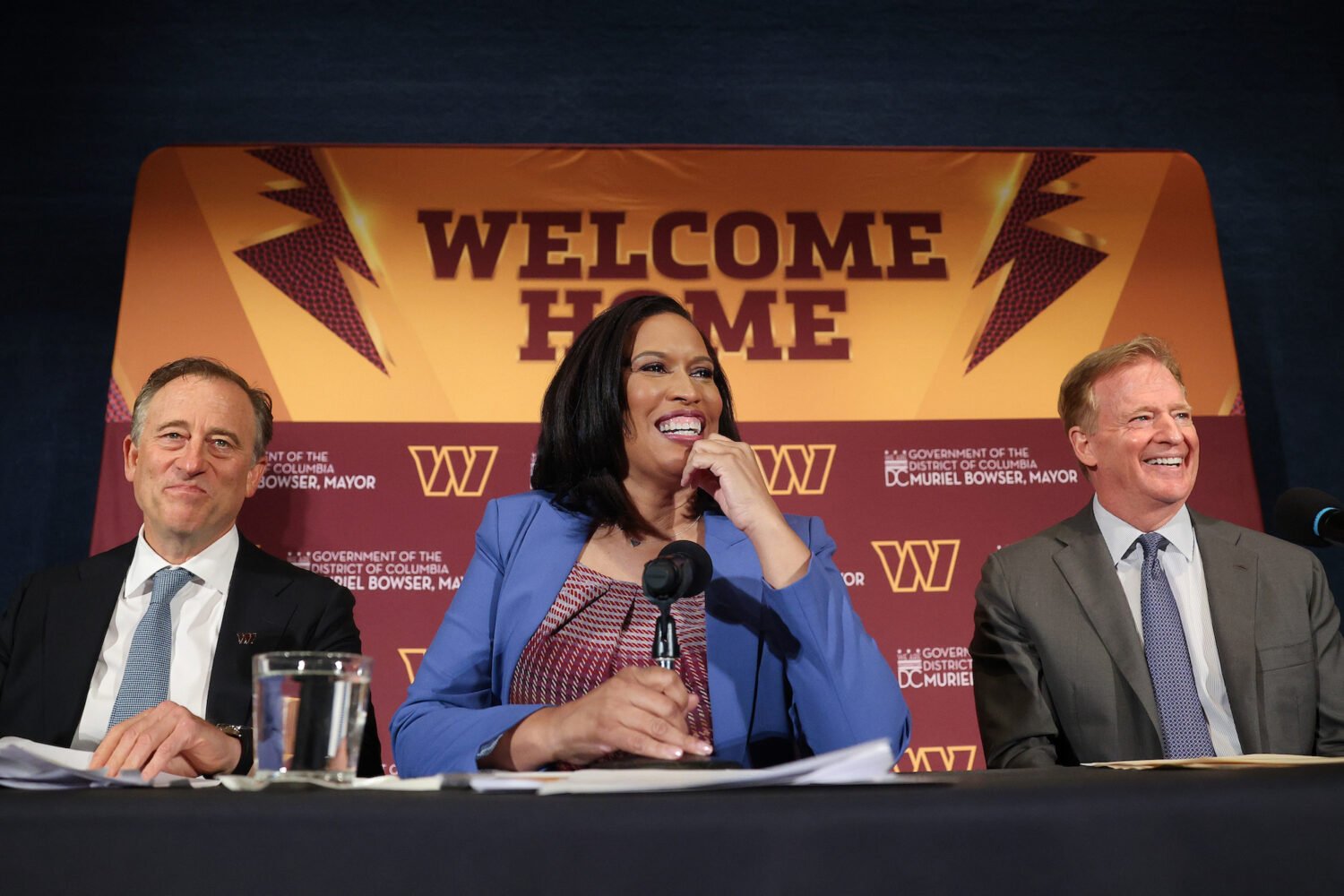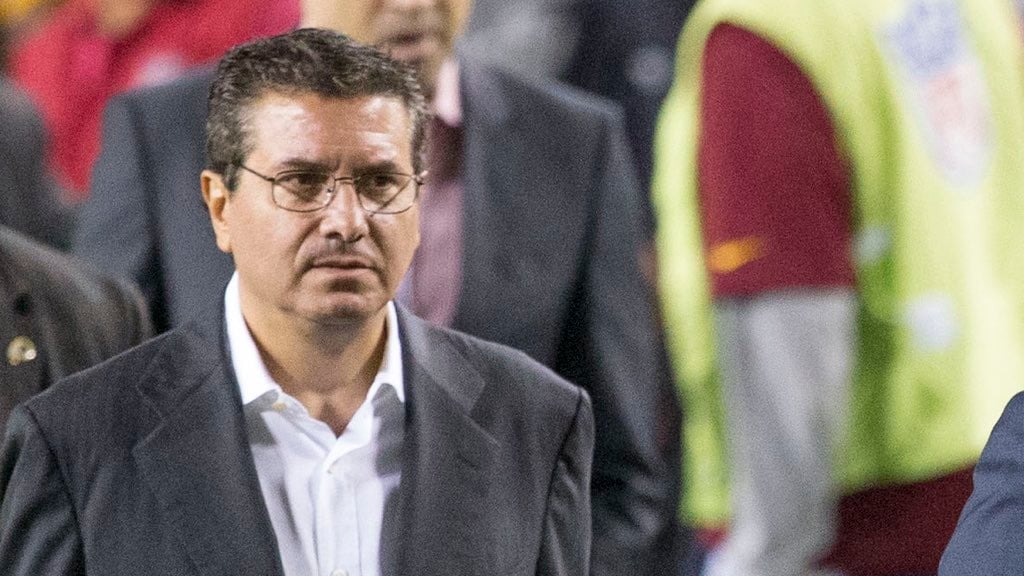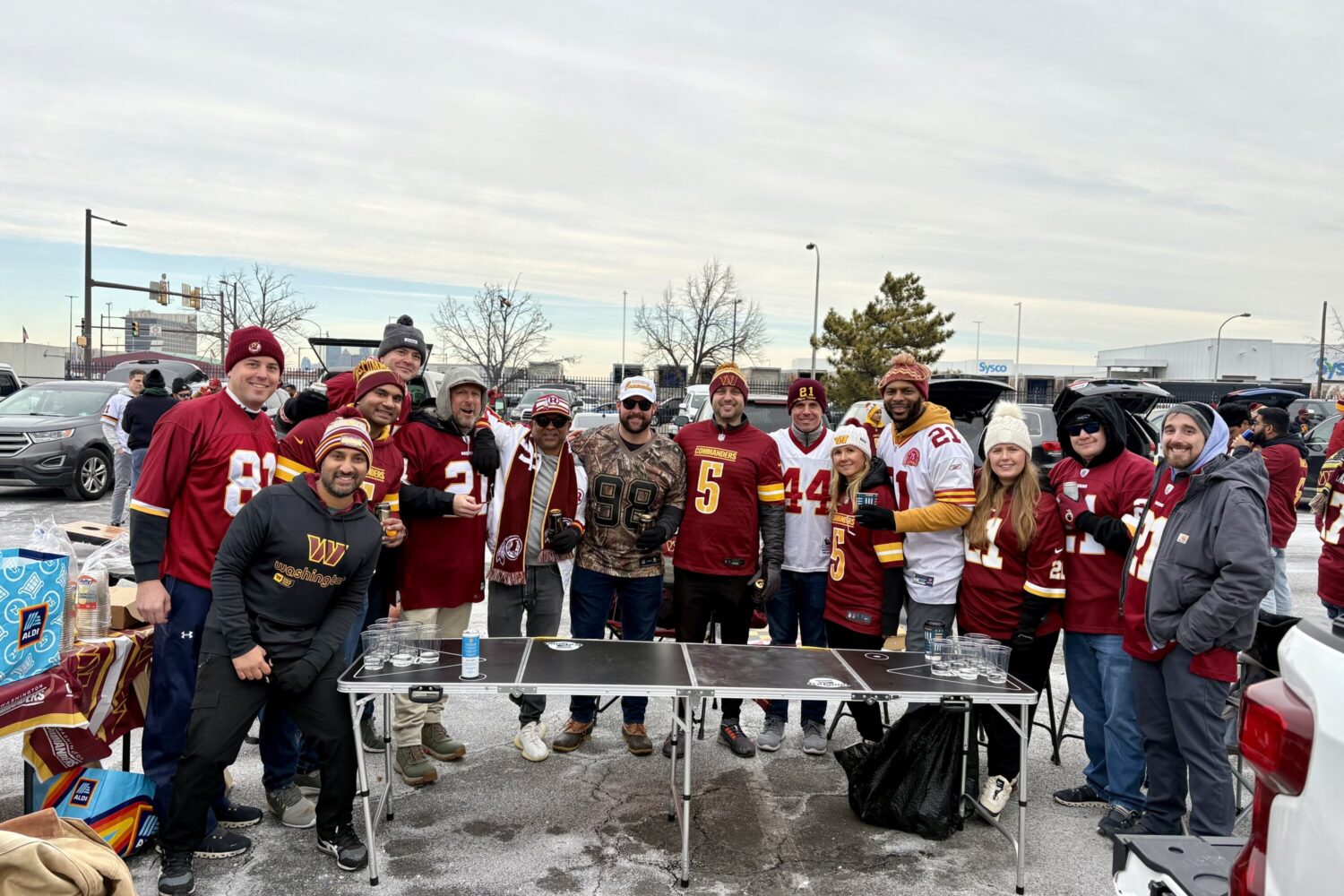Editor’s note: This post has been updated to reflect the House Oversight and Accountability Committee’s September 20 vote to advance the RFK Stadium bill for potential consideration by the full House.
Is the RFK Stadium site finally moving toward a full-blown makeover?
On Wednesday, the House Committee on Oversight and Accountability—which oversees lots of DC stuff—voted to advance a bill that would permit the federally-owned, 190-acre site to be revamped with new housing, parks, stores, and maybe even a replacement for its soon-to-be-demolished sports stadium. Coming on the heels of the widely-disliked Dan Snyder selling the Washington Commanders to a group led by Chevy Chase native Josh Harris, the time could soon be ripe for the city to invest in the area.
So what’s the state of play, and where do things go from here? Glad you asked:
How did we get here?
Opened in 1961, RFK Stadium was abandoned by its final sports tenant, DC United, in 2017. Sitting on federal land designated for “sports and recreation” use, the stadium has mostly sat empty since, with the city unable to move forward with any serious redevelopment plans.
Over the years, city officials have flirted with bringing the Commanders—who moved to FedEx Field in 1996, the better to cash in on more seats and luxury boxes—back to the District. Former Mayor Adrian Fenty tried and failed to lure the team in 2009 with vague promises of replacing RFK with a domed stadium. Former Mayor and Ward 7 DC Council member Vince Gray looked into moving the Commanders’ practice facility from Virginia to the east of Capitol Hill in 2012. And Mayor Muriel Bowser has continued to court the franchise.
Snyder was somewhat receptive to those advances. However, his general mismanagement of the Commanders—including serious, substantiated allegations of sexual harassment and financial misconduct—poisoned any prospect of a return, given that a new stadium almost certainly would require a significant amount of public money. Local legislators also have been more interested in funding education and housing.
Harris taking over for Snyder may change that dynamic, especially with the team’s lease at FedEx Field ending in 2027.
What’s up with the federal legislation?
During the summer, Republican Kentucky Representative Jim Comer introduced a bill that would allow the District to revamp the RFK site for a variety of purposes, including commercial and housing development and recreational facilities like public parks. Co-sponsored by Delegate Eleanor Holmes Norton, the legislation would also void DC’s current lease on the land, which runs through 2038, and instead extend the agreement to 99 years with the option to renew the contract in the future.
The bill also stipulates that adequate parking be built and that the city mitigate noise leaking into the surrounding area. In addition, DC must designate at least 30 percent of the land to parks and open space while ensuring that accessing the Anacostia River does not interfere with the Anacostia Trail. (Who knew a GOP Congressman from Kentucky liked the Anacostia River?)
On Wednesday, the Oversight and Accountability committee advanced the bill with a 31-9 vote, bipartisan support, and according to Norton, openness to the legislation from important DC officials. “The RFK site sits on underused federal land in DC that could be redeveloped, generating tax revenue for DC,” she said in a summer press release. “Neither the Mayor nor the Council Chair opposes this bill, which would allow D.C. to put the site to productive use—a vast improvement on the current state of affairs.”
The next stop on a long and winding legislative journey? Possible consideration by the full House this fall. Members of the Oversight and Accountability committee had a spirited debate over allowing DC to spend public money on a sports stadium; ultimately, a proposed amendment to the bill that would have blocked such spending failed. A similar debate may take place in the House, where partisan and ideological lines could be scrambled: during the committee debate, Comer, who has been a driving force behind blocking DC crime and policing bills, said that the federal government should not place a “unique prohibition” on the city deciding how to spend its money; meanwhile, Democratic Maryland Representative Jamie Raskin, a supporter of DC home rule, argued that taxpayers should not be subsidizing billion-dollar sports franchises.
What happens next, locally?
If the bill becomes law, DC Council members and the Mayor will have to work together on any redevelopment plan that involves spending city money. Historically, the 13-member Council has been split on the idea of building a new stadium. Last summer, a seven-person majority sent a letter to Norton opposing a new stadium; instead, they called for building housing on the site.
Earlier this year, the Washington Post asked Council members about building a stadium: five were in favor, three were opposed, and the other five were noncommittal or did not respond. Washingtonian also reached out to Council members for comment on the future of the RFK site. Many of those who responded said they wanted to see housing development on the land.
“Ultimately, many more details need to come into focus, including the team’s preference and, of course, the Council and mayor reaching an agreement on what is best for District residents,” said Ward 7 Council member Vince Gray, whose ward includes the RFK site, in a statement provided to Washingtonian in July. “We are at the beginning of a process that is equally exciting and uncertain.”
According to the Post, Bowser is working to select a contractor to conduct a “sports study” that could include potential stadium funding options.
What’s the long-term outlook?
As a press conference in June, DC Council Chair Phil Mendelson asked the question that ultimately will determine what the RFK site becomes: “the primary challenge is, who is going to pay for it?” Mendelson reiterated that sentiment after Comer introduced the bill, noting that DC already has maxed out borrowing in the mayor’s proposed Capital Improvements Plan for fiscal years 2024-2029
In Buffalo ($850 million) and Nashville (more than $1.2 billion), taxpayers in recent years have spent hundreds of millions of dollars on new National Football League stadiums. Bringing the Commanders back to DC likely would require a similar public outlay.
Complicating the prospects of a new DC stadium are Virginia and Maryland, both of which have expressed interest in giving the team a new home. Virginia Governor Glenn Youngkin visited Harris at the Commanders’ training camp in July and said that his state “should be the best place to live, work, raise a family, and it should be the best place to have a professional football team.” Meanwhile, Maryland Governor Wes Moore called Commanders’ ownership on the day of the team’s sale—despite being busy with negotiations to keep the Orioles in Baltimore. Sports economists say that all this interest could lead to a bidding war between the three jurisdictions, with the Commanders accepting the largest package of funding, subsidies, and tax breaks.
So far, Harris has not publicly expressed a preference for a new stadium location.

